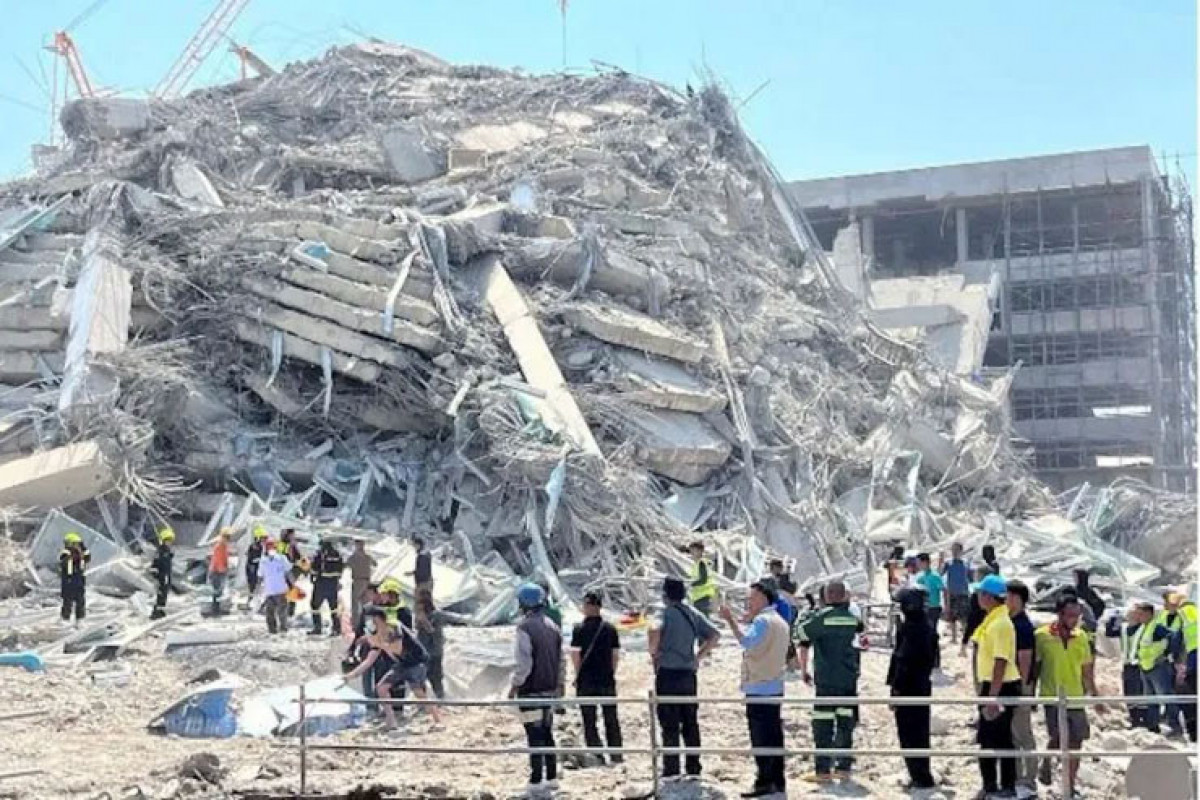Storm Boris is the latest deluge in one of the most flood-plagued periods in Europe in the past 500 years, but one city escaped relatively unscathed. The steps Vienna took to prepare for extreme rainfall may hold lessons for how other cities can face deluges to come.
When record rainfall brought by Storm Boris doused Vienna on 15 September, the impact looked dramatic: flooded roads, evacuated houses, a gentle stream that turned into a roaring torrent. In the space of only five days, between twice and five times as much rain fell on the city and other parts of Austria as in an entire average month of September.
And yet, considering the onslaught of water, "we got away quite lightly", noted a Viennese journalist, referring to reports of an estimated ten lightly injured people, and 15 evacuated houses in the city. "On the whole, the [city's] ingenious flood management system resisted the masses of water," concluded another local journalist.
In fact, evidence from previous big floods suggests that a number of protective strategies used by Vienna, and Austria more generally, are proving effective – and offering vital lessons to others battling increasingly extreme weather.
"Austria has really invested in flood management over the past decades, not least because we had two big floods, in 2002 and 2013," says Günter Blöschl, a hydrologist and director of the Centre for Water Resource Systems of the Vienna University of Technology, who has helped shape Austria's flood risk management strategy.
In Vienna, a flood defence system developed decades ago has played a crucial role in protecting the city, Blöschl explains.
"Vienna's flood defence system is designed to cope with a flood discharge of 14,000 cubic metres per second – that's equivalent to a 5,000-year flood," he says. A flood of that size last occurred in 1501, he adds. During the flood over the weekend, around 10,000 cubic metres per second flowed through Vienna's waterways, "significantly below the system's 14,000-cubic-metre capacity," he adds. "Without this system, there would have been widespread flooding."
One cornerstone of this flood defence system is an artificial island, the Danube Island, and a flood control channel, the New Danube. Both were built in the 1970s, in reaction to a powerful flood in 1954 that had overwhelmed existing defences. The New Danube is usually closed by weirs, creating a kind of lake. "The weirs are opened before the flood arrives, and for three, four days, the channel takes in flowing water," relieving Vienna's main river, the Danube, Blöschl says.
The system was put to a dramatic test in 2013, when the Upper Danube Basin experienced one of the largest floods in the past two centuries. The Danube's flood discharge in Vienna reached around 11,000 cubic metres per second, but major damage was avoided due to the city's flood defence system, according to a report by the city. "Not a single household was threatened in Vienna, compared with 400,000 households across Austria," the report stated.
That does not mean the system wholly contains big floods, however. During the big flood last weekend, the Wienfluss, a smaller river in Vienna, swelled and spilled onto the tracks of an underground train, and public transport has been interrupted as a result.
Austria as a whole has also ramped up its defences. It invests around €60m a year in flood protection measures – and has seen a reduction in the devastation caused, according to official estimates. The protective strategy includes regular drills for emergency measures such as mobile walls, put up to hold back masses of water; and a more sophisticated and accurate forecasting system.
According to an official evaluation, the big flood in 2002 caused €3bn ($3.6bn, £2.5bn) in damage in all of Austria. Even though the 2013 flood was also big, the damage it caused was much less, estimated at around €866m ($967m, £727m), thanks to the flood protection measures. Data also backs up the accuracy of the forecasts: after the flood over the 13 September 2024 weekend, Austria's weather service found that the actual rainfall was in line with the expected amount.
Looking at the impact of the flood last weekend, "We've seen that it's been worth it," Blöschl says of the measures. "The damage we've avoided is far higher than the investment in flood protection. It's a success story."
Managing the huge volumes of water during such a big flood is especially difficult as there are now fewer floodplains, where the water can safely expand without threatening humans or their property. Instead, there are now towns and farms on the previously uninhabited floodplains – which are defined as areas alongside rivers that are naturally prone to flooding.
In 1899, when Vienna experienced a flood of a similar size to the one in 2013, "there were basically no dams," he says. "But there were almost 1,000 square kilometres (386 sq miles) of floodplains [upstream of Vienna]. They held back a lot of the water. Those aren't there anymore, so with the same rainfall, you get a lot more discharge into the Danube in Vienna." With more water flowing into the city, the rivers swell more, and are more likely to spill over unless they are contained.
Madina Mammadova\\EDnews








